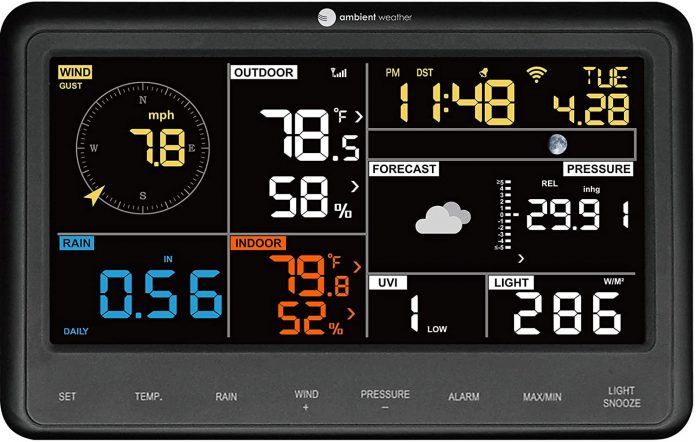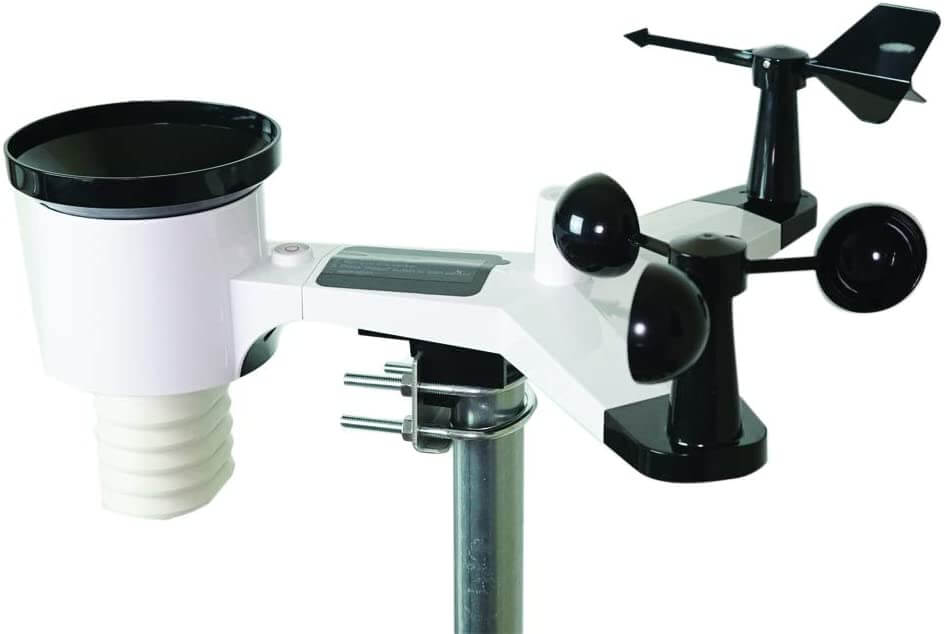A gardener is a person who practices gardening, either as a hobby or professionally. As a gardener, you know every year that when winter season has left, you are on the clock. You will have very limited time to complete what your goals are with your garden. So, everything will be time-limited by the weather that you need to work with. You cannot control the things; you can only learn how to work with them with your very best ability.
In this article we are going to share that how to best prepare yourself for these gardening elements, the changes they bring, plus how to best work with the weather changes, to produce the finest garden you possibly can. Everything from working with the rain (moisture content) to the amount of sunshine will be covered. In these types of conditions, you’ll need some primary instrument station of your choice for doing all of these things perfectly. There are various types of weather station projection alarm clock for gardeners to manage their work wisely. Following are the elements you a grander experience when doing something workwise. There are different types of terms and their meanings that will be helpful as you continue reading this article:
Planting Season
A planting season is the days in a year that you will have the opportunity to grow fruits, vegetables and flowers in the area you live in. This is ascertained to be the days between the last overnight forecast in the spring and the first killing forecast in the fall. This is the best time period when plants will be able to grow and flourish.
Plant Hardiness
There are many types of plant that react to dramatic temperature changes. So you should be smart enough bring them up or down to various rainfall, to being in hot sun rays as well. The reaction of high winds could also be the factor here as well. The plant reacts and responds bounces back from adversity. There are much more different kinds of problems that a gardener faces during every season. That’s why a weather station can help a gardener to manage his work according to the environment. Following are the major advantages of Weather Stations:
You will Know How Much to Water
A quality weather station often offers a rain gauge. It allows you to track rainfall totals. By examining how much it has rained, you can calculate how much watering your garden needs. And when you’re watering, your rain gauge can easily be used to track that too. Watering the right amount not only helps your plants but can also help you save water bill.
You will Know When to Plant
Another excellent feature of some weather stations is the ability to detect soil temperature with an open-air sensor. This allows you to find out the best time to put seeds in the ground for proper growth. While essential soil thermometers do the job, the more refined, Internet-connected weather stations available help you to remotely inspect the soil temperatures, and even set an alert to let you know when situations are perfect for planting a garden.






